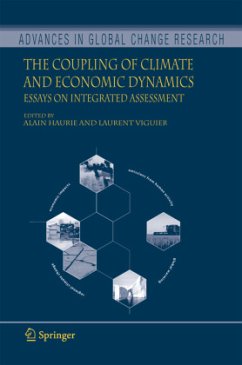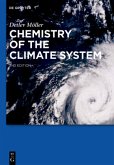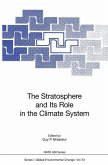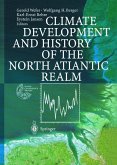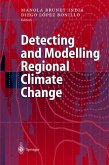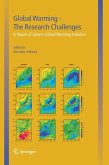Climate and economies have interdependent dynamics. Even though the pace of climate change is probably much slower than the speed of adjustment of the world economies, the global climate change impact of economic development and growth has to be controlled and taken into account in the policy assessment process. Integrated assessment models are now trying to capture the different feedbacks that link the climate system and the development of human societies. This book reviews the different approaches used to model these dynamic interactions between climate and economies and proposes new avenues of research in this domain. In fourteen chapters this book deals with various aspects of the building of integrated assessment models, either by coupling economic growth and climate change modules, or using mathematical models of viability or dynamic game theory to represent the interactions between the world regions concerned. It also focuses on more specific economic equilibrium models that can be used to assess international climate policies and it addresses the modelling of impacts of climate change in Switzerland as a test region.
This book is the result of several years of joint research in an interdisciplinary project on the human dimension of climate change. It proposes innovative ways to include climate simulation modules in optimal economic growth models; it explores the possible use of computable general economic equilibrium models coupled with paradigms of game theory to assess the dividends of cooperation in climate policies; it reports on the building of multi-region dynamic energy-technology-environment models to assess the possible response of the world energy system to a global cap on GHG emissions, and it shows how to model the impacts of climate change at a regional level.
This book is meant to serve as a reference work for researchers and graduate students who engage in interdisciplinary studies at the boundary between Earth and Socialsciences.
This book is the result of several years of joint research in an interdisciplinary project on the human dimension of climate change. It proposes innovative ways to include climate simulation modules in optimal economic growth models; it explores the possible use of computable general economic equilibrium models coupled with paradigms of game theory to assess the dividends of cooperation in climate policies; it reports on the building of multi-region dynamic energy-technology-environment models to assess the possible response of the world energy system to a global cap on GHG emissions, and it shows how to model the impacts of climate change at a regional level.
This book is meant to serve as a reference work for researchers and graduate students who engage in interdisciplinary studies at the boundary between Earth and Socialsciences.

